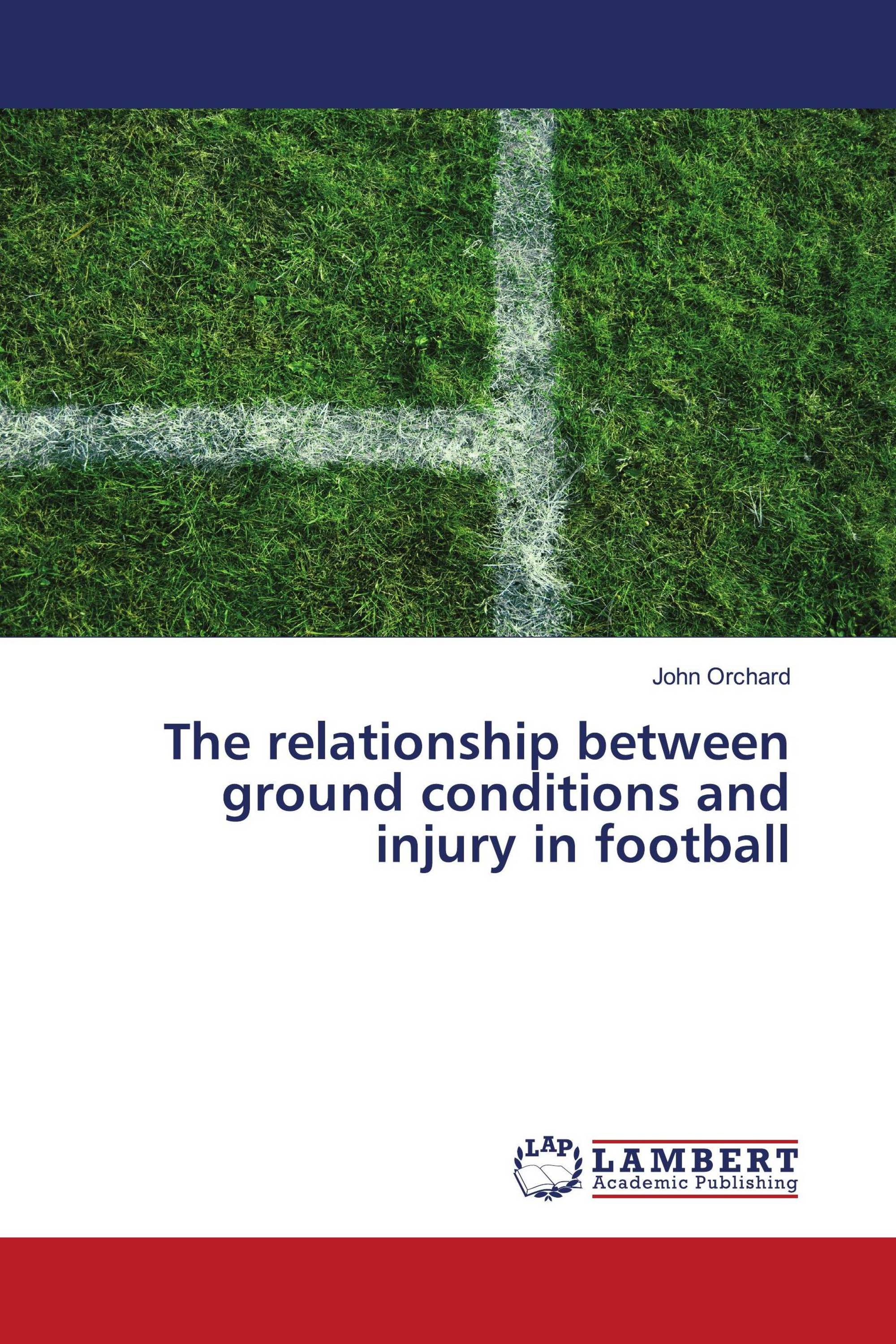This thesis analyses the relationships between environmental and ground factors and injuries, particularly knee ACL injuries, in various football competitions around the world. Compared to other grasses such as bermudagrass, Kentucky bluegrass, annual bluegrass and kikuyugrass, perennial ryegrass in the majority of circumstances leads to conditions with reduced shoe-surface traction. This is probably because, compared to other species, perennial ryegrass does not have rhizomes (or stolons) which may create excess friction between the shoe cleats and grass layer and which tend to produce a thick thatch layer. The use of perennial ryegrass is the best explanation for the lower ACL injury rates demonstrated in the southern states of Australia. The early-season bias exhibited in all examined competitions played on natural grass is likely to be related partially to the increased predominance of ryegrass in the latter stages of the season and partially related to the decrease in thatch on natural grass fields due to traffic over the course of the season.
Book Details: |
|
|
ISBN-13: |
978-3-8383-1208-8 |
|
ISBN-10: |
3838312082 |
|
EAN: |
9783838312088 |
|
Book language: |
English |
|
By (author) : |
John Orchard |
|
Number of pages: |
148 |
|
Published on: |
2010-05-21 |
|
Category: |
Medicine |
